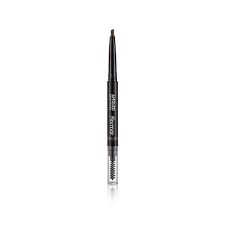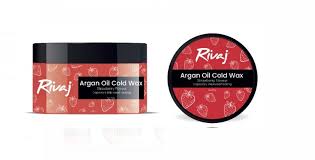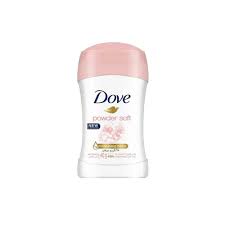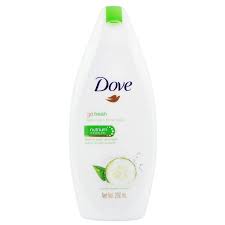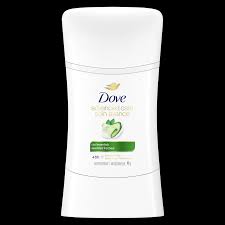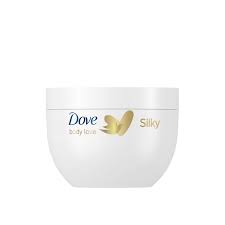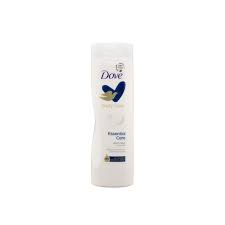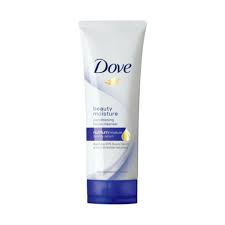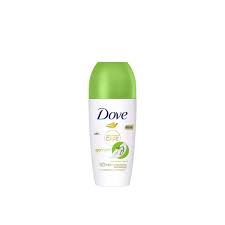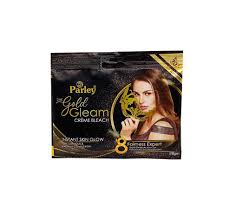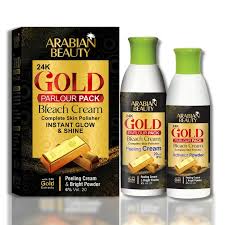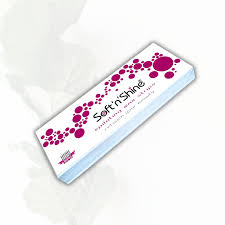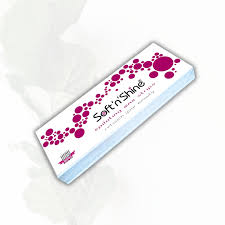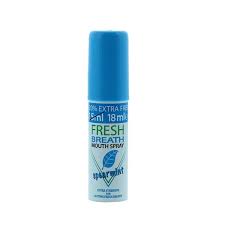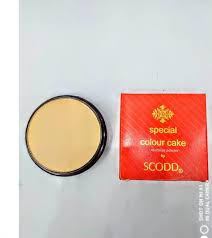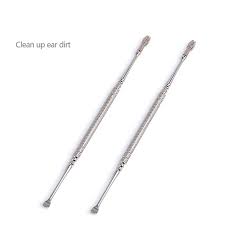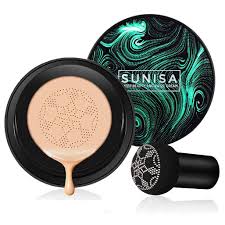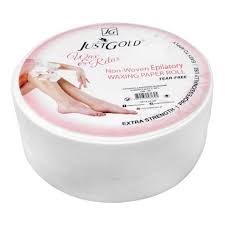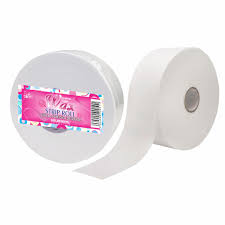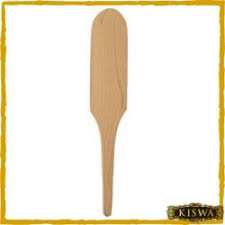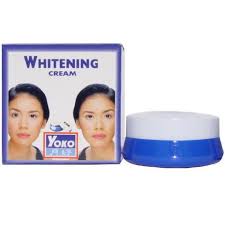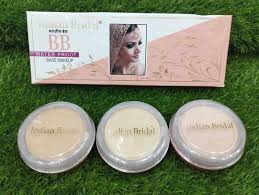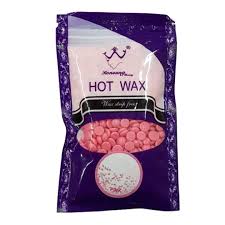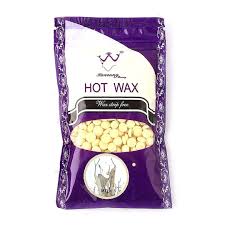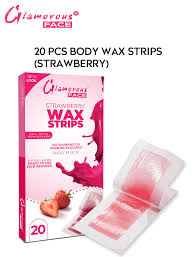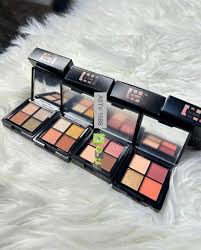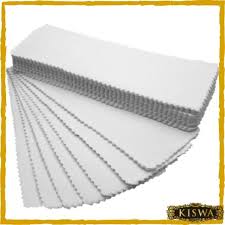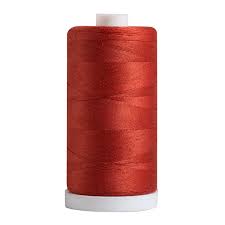
**Thread** can refer to various types of threads used in different contexts. Here’s an overview of some common types of thread and their uses: ### 1. **Sewing Thread**: - **Purpose**: Used in sewing machines or hand-sewing for stitching fabrics. - **Types**: - **Cotton Thread**: Ideal for natural fabrics, offers a matte finish and is good for hand sewing. - **Polyester Thread**: Durable and versatile, suitable for a wide range of fabrics and machine sewing. - **Silk Thread**: Luxurious and smooth, often used for delicate fabrics and high-end garments. - **Nylon Thread**: Strong and stretchy, used for sewing stretchy fabrics and upholstery. - **Sizes**: Available in various thicknesses and strengths, indicated by thread weight (e.g., 30 wt, 50 wt). ### 2. **Embroidery Thread**: - **Purpose**: Used for decorative stitching and embroidery. - **Types**: - **Floss Thread**: Stranded thread that can be separated into individual strands for different thicknesses. - **Metallic Thread**: Has a metallic sheen, used for adding sparkle and shine to embroidery designs. - **Variegated Thread**: Features multiple colors in one spool, creating a gradient effect in embroidery. ### 3. **Thread for Beading**: - **Purpose**: Used for creating beaded jewelry and crafts. - **Types**: - **Nylon Beading Thread**: Strong and flexible, ideal for stringing beads. - **Silk Beading Thread**: Used for high-end jewelry, offering a smooth finish and excellent drape. ### 4. **Serger Thread**: - **Purpose**: Specifically designed for use in sergers (overlock machines) to create clean, professional seams. - **Types**: - **Polyester Serger Thread**: Strong and elastic, suitable for most fabrics and serger machines. ### 5. **Specialty Threads**: - **Purpose**: Designed for specific purposes or effects. - **Types**: - **Quilting Thread**: Designed for use in quilting projects, often thicker for durability. - **Invisible Thread**: Clear thread used for projects where the thread should be hidden, like in delicate fabric seams. - **Heavy-Duty Thread**: Strong thread used for sewing thick fabrics like denim or leather. ### 6. **Thread for Industrial Applications**: - **Purpose**: Used in industrial sewing machines for heavy-duty sewing tasks. - **Types**: - **Polyester and Nylon Threads**: Heavyweight and designed to handle tough fabrics and high-stress seams. ### **Choosing the Right Thread**: 1. **Fabric Type**: Match the thread type with the fabric. For example, use polyester thread for stretchy fabrics and cotton thread for natural fibers. 2. **Thread Weight**: Heavier threads are better for thicker fabrics, while lighter threads work well for delicate materials. 3. **Color**: Choose a color that matches or contrasts with your fabric, depending on the desired effect. 4. **Machine Compatibility**: Ensure the thread is suitable for your sewing machine or project needs. ### **Thread Maintenance and Usage Tips**: 1. **Storage**: Keep threads in a cool, dry place to prevent damage and ensure longevity. 2. **Thread Tension**: Adjust machine tension according to the thread type to avoid problems like thread breakage or uneven stitching. 3. **Threading**: Use the correct threading techniques for your sewing machine to avoid jams and ensure smooth operation. If you have a specific type of thread or use case in mind, feel free to provide more details, and I can offer more tailored information!

